From Walter White to Don Draper, Marty Byrd to Elizabeth Jennings, most of our favourite films and TV shows involve antiheroes. We are compelled by the figures and their morally iniquitous actions. Yet strangely, we also can’t help but like these characters and root for them. Is this a problem? Murray Smith posits that these figures serve as a much needed antidote to moral perfectionism and argues that we should embrace, rather than resist, our love for antiheroes.
‘People just ain’t no good’, laments Nick Cave; ‘I think that’s well understood’. Certainly that’s the impression you might easily form from the wave of antiheroic fiction that has become so central to television output over the past quarter-century. From The Sopranos to Mad Men to Breaking Bad and Better Call Saul, from Dexter to The Americans to Ray Donovan, Narcos and Ozark, the figure of the morally dubious or depraved protagonist has become ubiquitous in Anglophone small-screen drama. What makes these shows special? What lies behind our fascination with these televisual antiheroes?
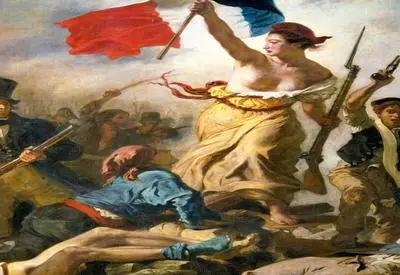 SUGGESTED READING
Beauty vs Morality
By Noël Carroll
Immorality, of course, is the stuff of drama; so it’s not the really bad behaviour which makes these dramas distinctive. It’s the fact that morally weak and corrupt characters occupy the foreground; that we follow their fortunes, come to understand and root for them, and generally respond to the fictional worlds they inhabit with their interests at heart. Neither Aristotle nor Hume would have approved. Hume objected to ‘rough heroes’, arguing that ‘we are displeased to find the limits of vice and virtue so much confounded’ and cannot bring ourselves to ‘bear an affection’ for characters ‘we plainly discover to be blameable’. And as for Aristotle – well, these are anti-Aristotelian dramas, inverting the structure of classical tragedy as Aristotle saw it: instead of essentially noble figures brought low by a fatal flaw, we are faced with largely contemptible figures with a few redeeming traits, whose reprehensible actions are mitigated up to a point by circumstance and personal history.
SUGGESTED READING
Beauty vs Morality
By Noël Carroll
Immorality, of course, is the stuff of drama; so it’s not the really bad behaviour which makes these dramas distinctive. It’s the fact that morally weak and corrupt characters occupy the foreground; that we follow their fortunes, come to understand and root for them, and generally respond to the fictional worlds they inhabit with their interests at heart. Neither Aristotle nor Hume would have approved. Hume objected to ‘rough heroes’, arguing that ‘we are displeased to find the limits of vice and virtue so much confounded’ and cannot bring ourselves to ‘bear an affection’ for characters ‘we plainly discover to be blameable’. And as for Aristotle – well, these are anti-Aristotelian dramas, inverting the structure of classical tragedy as Aristotle saw it: instead of essentially noble figures brought low by a fatal flaw, we are faced with largely contemptible figures with a few redeeming traits, whose reprehensible actions are mitigated up to a point by circumstance and personal history.
___
Antiheroes avoid the trope of moral perfectionism
___
It’s not that the heroes of conventional dramas are moral paragons. Ordinary protagonists tend to be of mixed moral character, and (as Rory Kelly and Sam Cumming have emphasised) they are commonly juxtaposed with a morally superior figure, a kind of moral mentor who models what they can and ought to be: think of Victor Laszlo (Paul Henreid) in relation to Rick Blaine (Humphrey Bogart) in Casablanca. This is a trope of moral perfectionism – the idea that individuals can and should strive to improve themselves morally; in the words of Stanley Cavell, that each person should pursue their ‘unattained but attainable self’. And there’s no shortage of such morally-oriented figures in the antiheroic series – characters who, no matter how grim their starting point and current situation, reconcile self-interest with an effort to do their best by others: think of Kim (Rhea Seehorn) and Nacho (Michael Mando) in Better Call Saul, or Wyatt (Charlie Tahan), Rachel (Jordana Spiro), Sam (Kevin L. Johnson), Maya Miller (Jessica Frances Dukes), and Mel Sattem (Adam Rothenberg) in Ozark. It’s just that these characters are, in the words of Lieutenant Bryant (M. Emmet Walsh) in Blade Runner, ‘little people’ – powerless, heading towards the periphery of the drama (if not already there), and often perishing at the hands of those with more resources and fewer scruples.







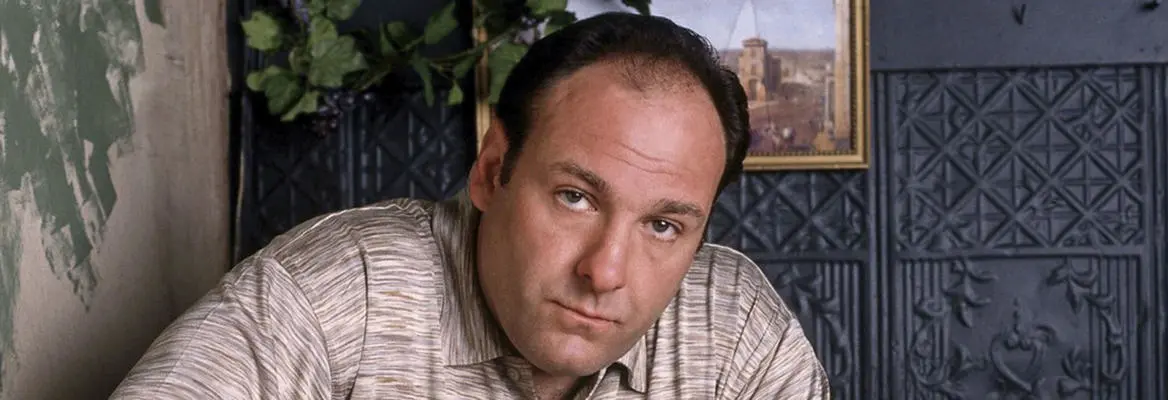


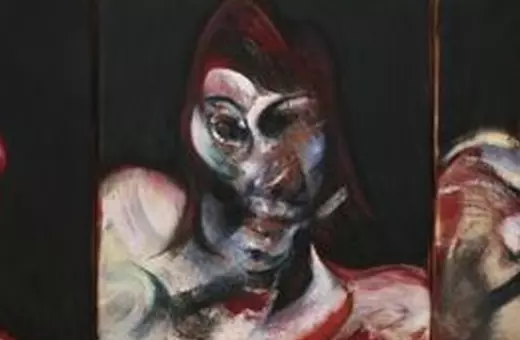

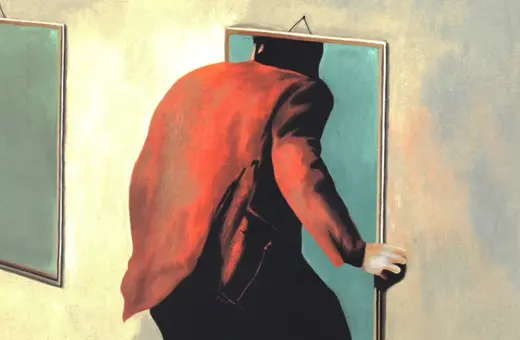
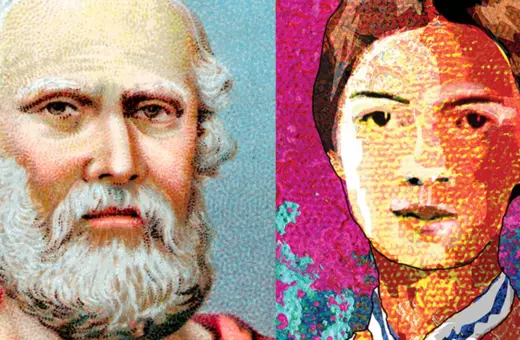

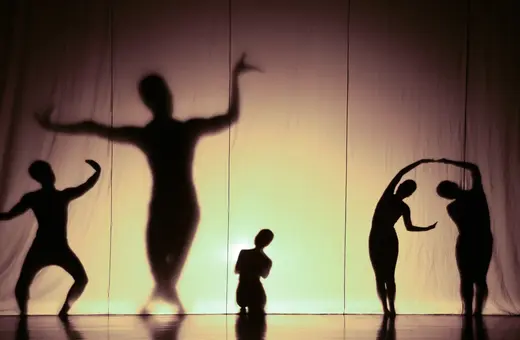
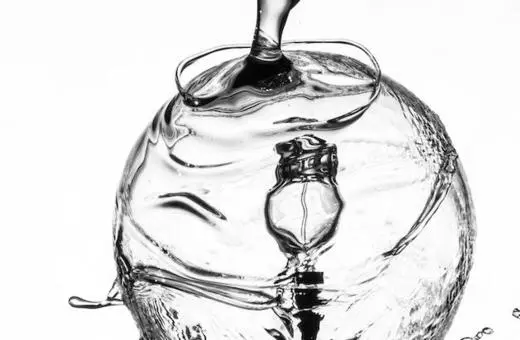
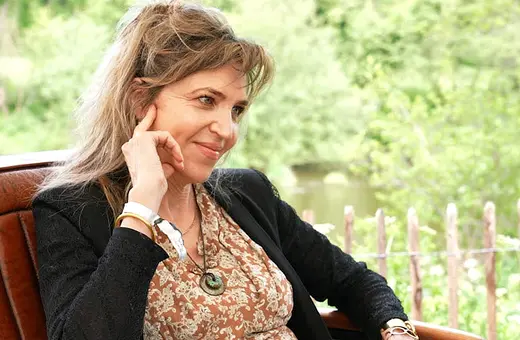



Join the conversation